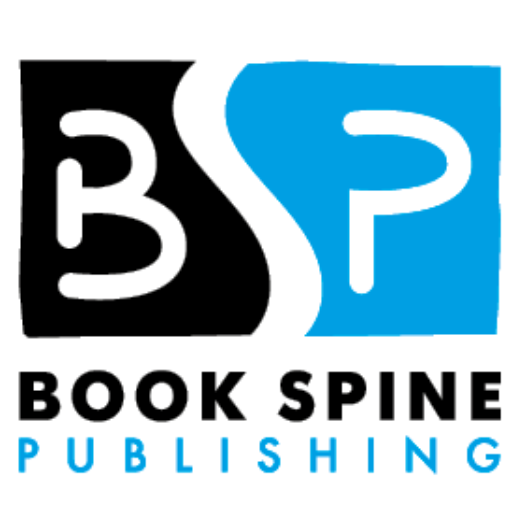How to Write the Perfect Manuscript

How to Write the Perfect Manuscript
What is a Manuscript?

Eight Tips for Writing a Perfect Manuscript
1. Take Out Time for Your Writing
The crucial step in writing a perfect manuscript is to simply start writing and keep on writing the draft. Yes, even though this tip is easy and explains itself but it is not easy to accomplish and many new and experienced writers face the same issue of not getting the time to write down their manuscript. Even though it just needs to sit down and continue writing without distractions, it is not an easy task and is indeed one of the biggest challenges faced by the writers.
If you want to complete your manuscript then it is important to set some time aside and maintain a schedule for your writing. You can go with an hour a day and two to three hours a weekend or you can just set only an hour a day for your writing and do it every day without skipping a day. This way you can prepare yourself for the next day and can even make your writing interesting if you have already set a specific word count for your next day.
2. Stop Believing in the Writers’ Block Myth
There are many writers that simply say that we have got a writers’ block when they are not up for writing or have no ideas to put into words. Moreover, not only do they give this excuse to get out of writing but also behave as if there is nothing they can do about it. Though, this is not really the case and if they want they can definitely work on their so-called writers’ block and start writing without any issues.
There is no such thing as writers’ block and you can definitely start writing again if you have nothing to write or have stopped writing for a while. Completing manuscript in the given timeline is important so you can proceed with publishing and other things for your book. So, here are a few tips to resolve your writers’ block and get on with your writing if you are stuck somewhere in between.
● The first is to distract yourself and get away from your tablet, laptop, writing pad or whatever you are using to write on. Get away for a moment and do something interesting that you like so your brain can start working again. There are times when you are thinking about other stuff and you get your answers; that is how distracting while writing works.
● Second is to read your work again and again. Pretend as if this is your first time reading something and then begin reading your work from the start and see what is wrong with the story or where the story is going, what more can you add, what needs to be eliminated and so on. It gives a clear idea which part is not working for your story and where you have to make changes.
● Third is to keep on writing whether the story comes together or not. If you feel like being stuck and do not know what to write next or where to take your plot of the story then you can write whatever you feel like. This might take the story to a new path or you can end the story and go back to review this part and cut it out. So, writing the hard parts and anything that comes to your mind is the key.
● Put a time limit on it. You will experience more drive to finish the task when you have to be responsible for meeting a deadline.
● As soon as you can, write your next line or word. Even if your narrative doesn’t yet have a complete blueprint, it still has at least one more possible direction. Once you have that point written out, consider where the tale may proceed from there.
3. Lay the Foundation for the Writing for Yourself
If you don’t undertake any planning before you start writing, regardless of whether it is an outline of your work, research for your work, a book title, or even just a hastily scribbled “mission statement” or aim of your work, it will be much more difficult.
Write a one-page cover letter for your novel concept instead, pitching it to potential book publishers or agents, if you’re having trouble coming up with a structure. Don’t worry if you haven’t finished the work or aren’t sure how it will end; just start writing the pitch or the instant idea for your cover letter and see what you can come up with. It could produce some intriguing narrative developments that you haven’t yet attempted!


